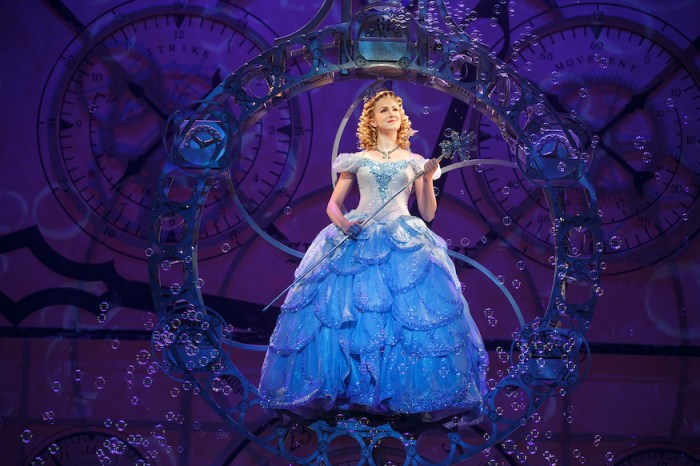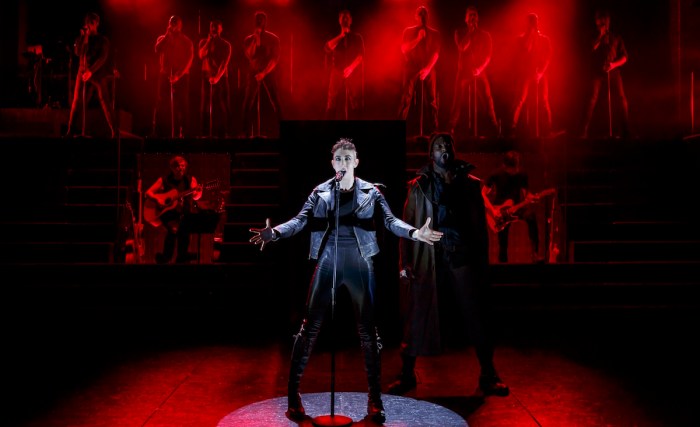Despite having an incarcerated loved one, Liza Jessie Peterson’s true introduction to the prison industrial complex — aka the for-profit privatization of U.S. correctional facilities — came when she began working at New York’s Rikers Island as a program counselor and teaching artist for adolescents in 1998.
“A corrections officer told me, ‘This is a modern-day plantation,’ and pointed to these adolescent boys and said, ‘They’re the crops, they’re the cotton,” Peterson recalled. “He told me to look up prison industrial complex and come back to tell him what I found. It was that instruction that sent me into the rabbit hole, and I haven’t been out since.”
Peterson, who is also an actress and poet, “felt compelled to ring the alarm, to use my art for awareness and highlighting a human rights issue that I felt wasn’t being talking about or examined enough.”
And thus, her one-woman, multimedia play “The Peculiar Patriot” was born in 2003. Her character, Betsy LaQuanda Ross, visits jailed friends and family to share gossip and love while putting the spotlight on the criminal justice system.
“The Peculiar Patriot” will be performed at the National Black Theatre in Harlem, co-presented by Hi-Arts, through Oct. 1.
Metro: How has “The Peculiar Patriot” adapted as prison reform has become a hot political topic since 2003?
Liza Jessie Peterson: The play has definitely gone through evolutions. The awareness of the character follows the current issues of the day, without giving too much away, to keep it contemporized.
You’ve toured it at many prisons over the years. How did the inmates react?
The audience reaction was so overwhelming, so affirming and validating. They felt seen, they felt heard. They consistently told me to take this play to the outside world so that they would not be forgotten. It was life-changing.
Will you tour this current incarnation?
I would love to resurrect the prison tour, I really would. It’s multi-media, so I don’t know how that would translate, but I’d love to tour a pared-down excerpt.
What are your thoughts on the steps being taken to close Rikers?
I think it’s fantastic, very progressive. It’s shifting people’s consciousness to think about alternatives and what would be some other options. No one was ever thinking like that before. It was just put them in prison, throw away the key and forget about them.
This is conversation that is now being forced on our political leaders, and in that respect, I think the movement is powerful, necessary and urgent because it speaks to a broader campaign to decarcerate this nation.
Do you think we can see tangible prison reform one day?
I’m a descendant of a slave, so if my ancestors could see beyond slavery when all they knew was slavery, I can certainly see beyond prison when all that I’ve known in all my adult life is prison.


















